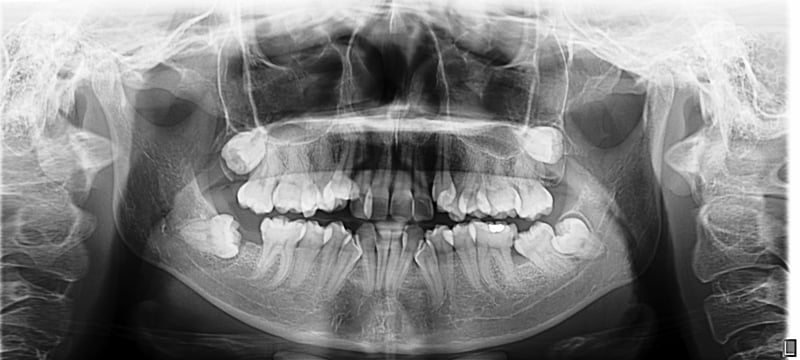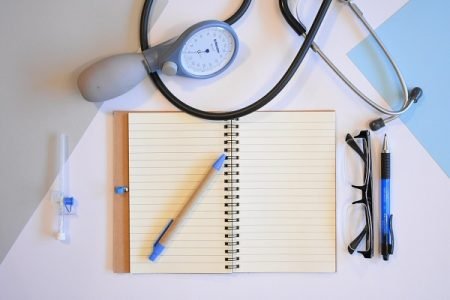Causes, Risk Factors, and Symptoms of Hypertension
- Updated on: Dec 14, 2023
- 3 min Read
- Published on Sep 26, 2019

The blood pressure varies dramatically throughout the day. It is minimum during sleep and high during day. Hypertension is very common among the aged people but it is also experienced in children and adults.
Causes of hypertension
The exact cause of hypertension is not fully understood by scientists but there are various mechanisms that can be considered as the main cause of hypertension. These mechanisms are-
- Increase in the stress level in the blood vessel walls
- Increased blood volume
- Harder and stiffer blood vessels
The main causes among these mechanisms are not fully understood but there are various risk factors that trigger the occurrence of hypertension.
Classification of hypertension
Hypertension or high blood pressure is classified into two categories on the basis of its causes.
Primary Hypertension
Primary hypertension is also known as ‘essential hypertension’ and occurs slowly and gradually as the time proceeds. There are several causes that result in hypertension. These causes are characterized into three headings:-
Genetic causes
Some people are genetically susceptible to hypertension. They may inherit the defective or mutated genes from their ancestors. A study suggested that only 2 to 3% of the people suffer from hypertension due to their defective genes.
Physical causes
Sometimes, even a small body malfunction in a day can trigger high blood pressure.
Environmental causes
Today, environmental factors account largely for high blood pressure. People are adapting to the changing environment and this has led them to suffer from severe disease and conditions, hypertension being the most common and chronic condition of them.
Some environmental factors associated with hypertension are improper diet, lack of exercise, stress, weight problems, etc.
Secondary Hypertension
Secondary hypertension is the condition in which a person suffers from high blood pressure due to some serious health conditions such as kidney disease (chronic kidney disease), thyroid problem (such as hyperthyroidism), congenital heart complications, medicinal side effects, tumors, etc.
Risk Factors for Hypertension
There are various factors associated with the high blood pressure. Some of the factors are listed below:
- Excess salt intake – consuming excess of salt in our daily diet results in high blood pressure.
- Age– although, the occurrence of hypertension is very common in people as they age but if they take unhealthy and untimely diet, consume too much alcohol, smoke very frequently, then they are at greater risk of having hypertension.
- Improper sleep– a condition called sleep apnea is commonly observed in people suffering from hypertension. In this condition, people are unable to breath in oxygen and thus cannot sleep properly. This also results in high blood pressure.
- Obesity– obesity is the most common problem found in people today. Obese people tend to suffer from high blood pressure as their blood vessels are thicker as compared to normal weighed people.
- Medicines– whenever a person takes any medicine for a disease or antibiotics to control any infection or any over the counter medicine such as pain killers, etc., he might put himself at risk. These medicines tend to alter the blood pressure. This is due to the fact that our body responds to the medicines differently and this tends to disturb the fluid and salt levels in the body.
Symptoms of Hypertension
Hypertension is usually known as ‘silent killer’ because it does not show any symptoms. It is commonly observed that a person has hypertension but he does not know about it because there are no symptoms associated with it.
Therefore, it becomes extremely necessary to get the blood pressure checked on regular basis to keep the one updated about his medical condition.
There are some symptoms observed in high blood pressure. Some of them are-
- Severe Headache
- Breathing problem
- Dizziness
- Nose bleeding
- Blurred vision
- Chest pain
The severity of high blood pressure depends upon time till when the symptoms are experienced. If the time duration is more, the person should immediately consult a doctor because high blood pressure can result in various severe organ complications. Read about the complications associated with hypertension.
When to see doctor
You must have your blood pressure taken as part of a routine checkup.
You can ask your doctor for a blood pressure reading at least every two years starting at age 20. If you’re above 40 years, or if you’re aged 18-40 but are a high risk of high blood pressure, ask your doctor for blood pressure measurement every year.
Children age 3 and older should generally have their blood pressure measured as a part of their routine checkups every year.












